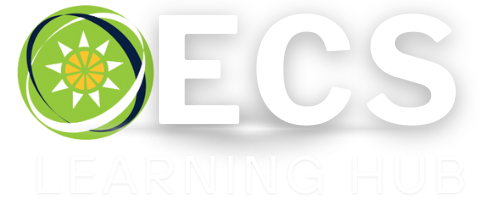Scientific Inquiry
Back to ScienceScientific inquiry forms the foundation of all science learning. Students develop the skills and processes of scientific investigation through hands-on experiences that encourage questioning, predicting, observing, and communicating findings.
Essential Inquiry Skills
Skill 1Asking Questions
Students learn to ask meaningful questions about the world around them.
Students will:
- Ask "what," "why," and "how" questions about natural phenomena
- Distinguish between questions that can be answered through investigation
- Generate questions based on observations
- Use question words appropriately in scientific contexts
Skill 2Making Predictions
Students develop the ability to make educated guesses about what might happen.
Students will:
- Make predictions based on prior knowledge and observations
- Use "I think..." statements to express predictions
- Explain reasoning behind predictions
- Compare predictions with actual results
Skill 3Observing
Students use their senses to gather information about the natural world.
Students will:
- Use all appropriate senses to make observations
- Distinguish between observations and inferences
- Record observations through drawings and simple words
- Use tools like magnifiers to enhance observations
Skill 4Classifying and Sorting
Students organize objects and information based on observable properties.
Students will:
- Group objects by similar characteristics
- Create simple classification systems
- Explain the reasoning behind groupings
- Recognize that objects can be classified in multiple ways
Skill 5Communicating
Students share their findings and ideas with others in various ways.
Students will:
- Describe observations using appropriate vocabulary
- Share findings through drawings, words, and demonstrations
- Listen to and discuss others' ideas respectfully
- Use simple charts and graphs to display information
